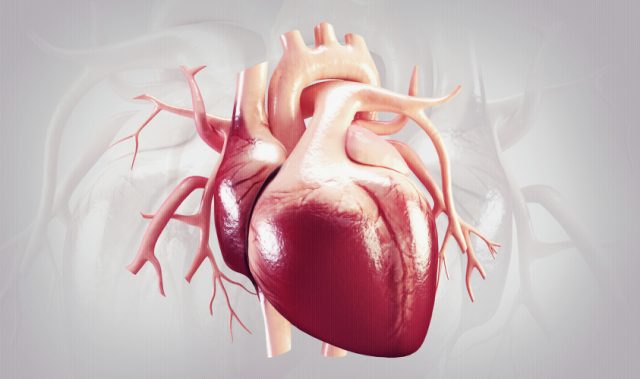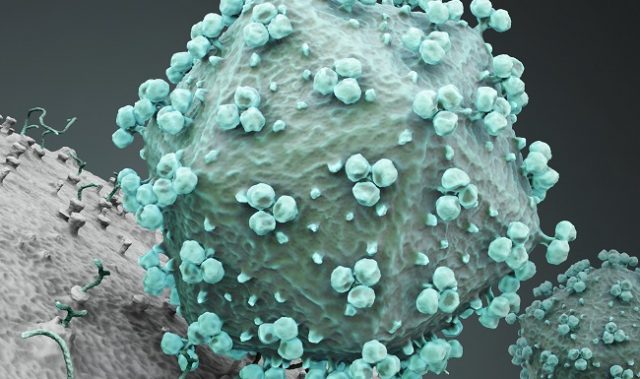
AsianScientist (Dec. 16, 2015) – A new study of fat levels in oocytes (immature ova or eggs) has the potential to transform IVF practice, benefiting the dairy industry, and women seeking assisted reproductive treatment too.
The three year study, published in Biology of Reproduction, established that high levels of fat in the oocytes of high milk-yield dairy cows, impacted both egg and embryo development negatively, reducing overall success rates of fertility. Treating theses fatty oocytes with the drug salubrinal, reversed these negative outcomes.
The findings have the potential to revolutionize the IVF industry, according to the paper’s lead author, Dr. Mel McDowall, senior researcher at the Center for Nanoscale BioPhotonics (CNBP) and the University of Adelaide’s Robinson Research Institute.
“What we’ve shown is that fatty eggs affect the fertility process negatively. These eggs behave differently when they contain higher levels of fat—they exhibit a particular stress, reduce the health of the eggs and subsequent embryo development. We’ve been able to block that stress mechanism, in this instance with salubrinal, to improve egg quality and to get the embryo back to within normal quality parameters,” said McDowall
McDowall believes that the study can help stem the decline of high milk-yield cattle fertility rates—a decline of approximately 20 percent over the past 20 years.
“In Australia a one percent decrease in Holstein cattle fertility equates to approximately A$5m in lost revenue per year. Our new approach, as part of a structured IVF process, has the potential to give the Australian dairy sector a real boost,” she said.
The research also offers a potential new approach for women undertaking IVF, said Dr. Rebecca Robker, from the University of Adelaide’s Robinson Research Institute and a senior author on the study.
“What we know is that obese women (with BMIs over 30) also have fatty oocytes and this can be a key cause of infertility. The use of an agent such as salubrinal could potentially benefit large numbers of women seeking IVF treatment in the future,” explained Robker.
“Our research is aimed at improving reproductive outcomes for all, whether it be the nine percent of women in Australia experiencing fertility issues, or the dairy cow in the field,” McDowall concluded.
The article can be found at: Sutton-McDowall et al. (2015) Non-Esterified Fatty Acid-Induced Endoplasmic Reticulum Stress in Cattle Cumulus Oocyte Complexes Alters Cell Metabolism and Developmental Competence.
———
Source: The University of Adelaide; Photo: George Vasilopoulos/Flickr/CC.
Disclaimer: This article does not necessarily reflect the views of AsianScientist or its staff.












